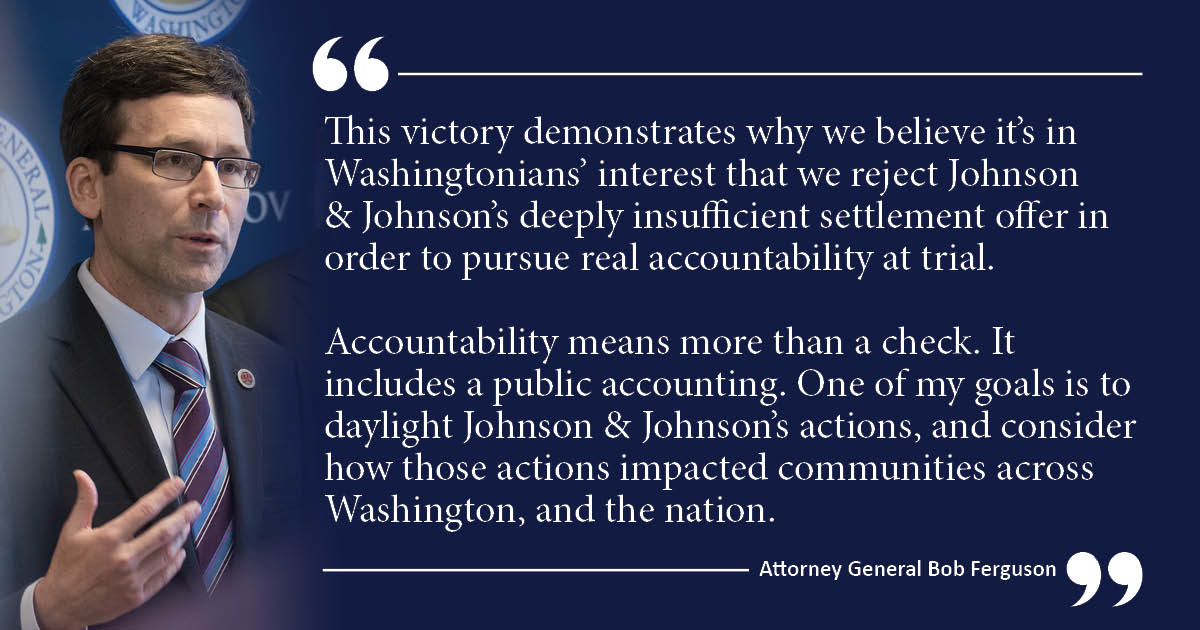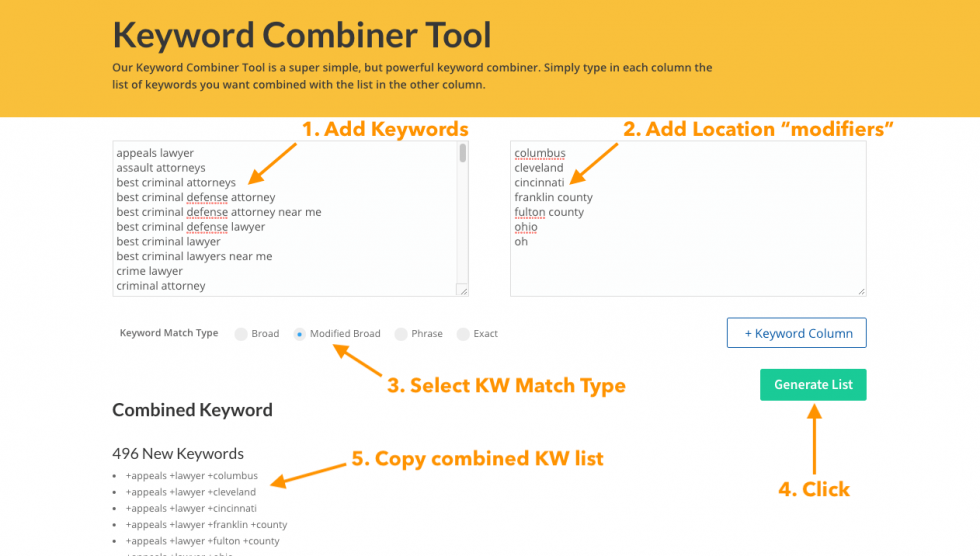Ever wondered what all those abbreviations attorneys throw around really mean? Well, buckle up because we're diving deep into the world of legal shorthand, and trust me, it's more fascinating than you might think. Whether you're dealing with legal documents, working alongside an attorney, or just trying to understand the lingo, knowing these abbreviations can save you time, money, and a whole lot of confusion. So, let's break it down together, shall we?
In today's fast-paced world, legal terminology is everywhere—from courtrooms to contracts, and even social media. It’s not just about sounding smart; it’s about being informed. Understanding common legal abbreviations can empower you to navigate complex situations confidently. And hey, who doesn’t love a little insider knowledge, right?
Now, I know what you're thinking—“Do I really need to know this stuff?” Spoiler alert: yes, you do. Whether you're drafting a lease agreement, consulting with an attorney, or simply brushing up on your legal literacy, these abbreviations are your secret weapon. So, let's get started and unravel the mystery behind the legal jargon!
What Exactly is an Abbreviation Attorney?
Let’s kick things off by clarifying something important—an "abbreviation attorney" isn’t actually a thing. But if it were, it would probably be the coolest lawyer out there, armed with a dictionary and a knack for simplifying complex terms. In reality, attorneys use abbreviations daily to streamline communication and documentation in the legal field. These shortcuts aren’t just random—they’re tools that help professionals work efficiently while maintaining precision.
Here’s the deal: legal abbreviations are like the secret codes of the courtroom. They’re everywhere, from case citations to legal memos, and understanding them can make all the difference when you’re trying to stay ahead of the game. So, whether you're preparing for a deposition or just trying to decode your lease agreement, these abbreviations are worth getting familiar with.
Why Are Legal Abbreviations Important?
Think of legal abbreviations as the glue that holds the legal system together. Without them, documents would be longer, more convoluted, and way harder to read. Here’s why they matter:
- Efficiency: Lawyers and legal professionals deal with mountains of paperwork. Abbreviations help them cut through the clutter and focus on what really matters.
- Precision: Legal language demands clarity. Abbreviations ensure that key terms are communicated accurately, leaving no room for misinterpretation.
- Standardization: Across the board, legal abbreviations follow specific rules. This consistency makes it easier for everyone in the legal field to understand each other, no matter where they’re located.
And let’s not forget—knowing these abbreviations can make you look super sharp in front of your peers. Who wouldn’t want that?
Top Legal Abbreviations Every Non-Lawyer Should Know
Alright, now that we’ve established why legal abbreviations are so crucial, let’s dive into some of the most common ones you’ll encounter. These aren’t just random terms—they’re the bread and butter of legal communication.
1. Affidavit (Aff.)
An affidavit, or "aff." for short, is a written statement confirmed by oath or affirmation. It’s essentially a sworn declaration of facts, often used in court proceedings. If you’ve ever watched a courtroom drama, you’ve probably seen someone sign an affidavit. It’s serious business, folks.
2. Amicus Curiae (Amicus)
Amicus curiae, or simply "amicus," refers to a “friend of the court.” This term is used to describe someone who offers information, expertise, or insight to the court to assist in a case. Think of them as the legal version of a guest expert.
3. Deposition (Depo.)
A deposition, or "depo.," is a sworn oral testimony given outside of court, usually during the discovery phase of a lawsuit. It’s like an interview, but way more formal. Attorneys love using this one because it helps them gather evidence before trial.
Breaking Down Common Legal Acronyms
While abbreviations are great, acronyms take things to the next level. These letter combinations can seem intimidating at first, but once you get the hang of them, they’re surprisingly easy to remember.
1. ADA (Americans with Disabilities Act)
The ADA is a civil rights law that prohibits discrimination against individuals with disabilities. It’s a game-changer for accessibility and equality, and any attorney worth their salt knows it inside and out.
2. IRS (Internal Revenue Service)
Yep, you guessed it—the IRS. This one’s all about taxes. Whether you love them or hate them, you can’t escape the IRS. Attorneys dealing with tax law are especially well-versed in this acronym.
3. SEC (Securities and Exchange Commission)
The SEC regulates the securities industry, ensuring fair trading practices and protecting investors. If you’re diving into the world of finance, this acronym is one to keep in your back pocket.
How Abbreviations Impact Legal Practice
Legal abbreviations aren’t just about saving space—they play a critical role in shaping how attorneys approach their work. Here’s how:
Streamlining Communication
Imagine trying to read a legal document without any abbreviations. It would be a nightmare, right? Abbreviations allow attorneys to communicate complex ideas quickly and efficiently, which is especially important in high-stakes situations like trials or negotiations.
Enhancing Document Clarity
Clarity is key in the legal world, and abbreviations help ensure that documents are easy to follow. By using standardized terms, attorneys can avoid confusion and misinterpretation, which is crucial when dealing with sensitive or high-value cases.
Promoting Professionalism
Using the right abbreviations shows that you know what you’re talking about. Whether you’re an attorney, a paralegal, or even a client, mastering these terms can elevate your professional presence. It’s like speaking the same language as the pros.
Practical Tips for Learning Legal Abbreviations
Now that you know why legal abbreviations are so important, here are a few tips to help you master them:
- Start Small: Focus on the most common abbreviations first. You don’t need to memorize every single one overnight.
- Use Resources: There are plenty of online guides and glossaries that can help you learn legal abbreviations at your own pace.
- Practice in Context: Try reading legal documents or watching courtroom dramas to see how these abbreviations are used in real-life situations.
And remember, it’s okay to take your time. Legal jargon can be overwhelming, but with a little practice, you’ll be decoding abbreviations like a pro in no time.
Common Misconceptions About Legal Abbreviations
There are a few myths floating around about legal abbreviations that need to be debunked. Let’s set the record straight:
1. They’re Only for Lawyers
False! While attorneys use abbreviations frequently, anyone can benefit from understanding them. Whether you’re a business owner, a student, or just a curious individual, these terms can enhance your legal literacy.
2. They’re Too Complicated to Learn
Not true! Sure, there are a lot of abbreviations out there, but they’re not as intimidating as they seem. With a bit of practice, you’ll be using them like a pro in no time.
3. They’re Always Formal
Not necessarily. While legal abbreviations are often used in formal settings, they can also appear in everyday conversations. Don’t be afraid to incorporate them into your vocabulary—it’ll make you sound super smart.
Real-Life Examples of Legal Abbreviations in Action
Want to see legal abbreviations in action? Here are a few real-life examples:
Case Citations
Attorneys use abbreviations all the time when citing cases. For instance, "Smith v. Jones, 123 U.S. 456 (2023)" is a common way to reference a Supreme Court decision. Each part of the citation has a specific meaning, and abbreviations help keep things concise.
Legal Memos
Legal memos are packed with abbreviations. You’ll often see terms like "re:" (regarding), "cc:" (carbon copy), and "enc." (enclosure) sprinkled throughout. These terms help organize information and make memos easier to read.
Contracts
Contracts are another hotspot for legal abbreviations. Terms like "w/o" (without), "w/" (with), and "vs." (versus) are common sights. Knowing these abbreviations can help you navigate even the most complex contracts with ease.
Conclusion: Unlocking the Power of Legal Abbreviations
So, there you have it—a deep dive into the world of legal abbreviations. From streamlining communication to enhancing document clarity, these terms play a vital role in the legal field. And while they might seem intimidating at first, with a little practice, you’ll be using them like a pro in no time.
Now, here’s the real question: are you ready to take the next step? Whether you’re an aspiring attorney, a curious individual, or just someone looking to boost their legal knowledge, mastering these abbreviations is a great place to start. So, what are you waiting for? Dive in, learn, and let us know how it goes. And hey, if you found this article helpful, don’t forget to share it with your friends and colleagues. Knowledge is power, after all!
Thanks for reading, and happy decoding!
Table of Contents
- Abbreviation Attorney: Decoding the Legal Jargon You Need to Know
- What Exactly is an Abbreviation Attorney?
- Why Are Legal Abbreviations Important?
- Top Legal Abbreviations Every Non-Lawyer Should Know
- Breaking Down Common Legal Acronyms
- How Abbreviations Impact Legal Practice
- Practical Tips for Learning Legal Abbreviations
- Common Misconceptions About Legal Abbreviations
- Real-Life Examples of Legal Abbreviations in Action
- Conclusion: Unlocking the Power of Legal Abbreviations


